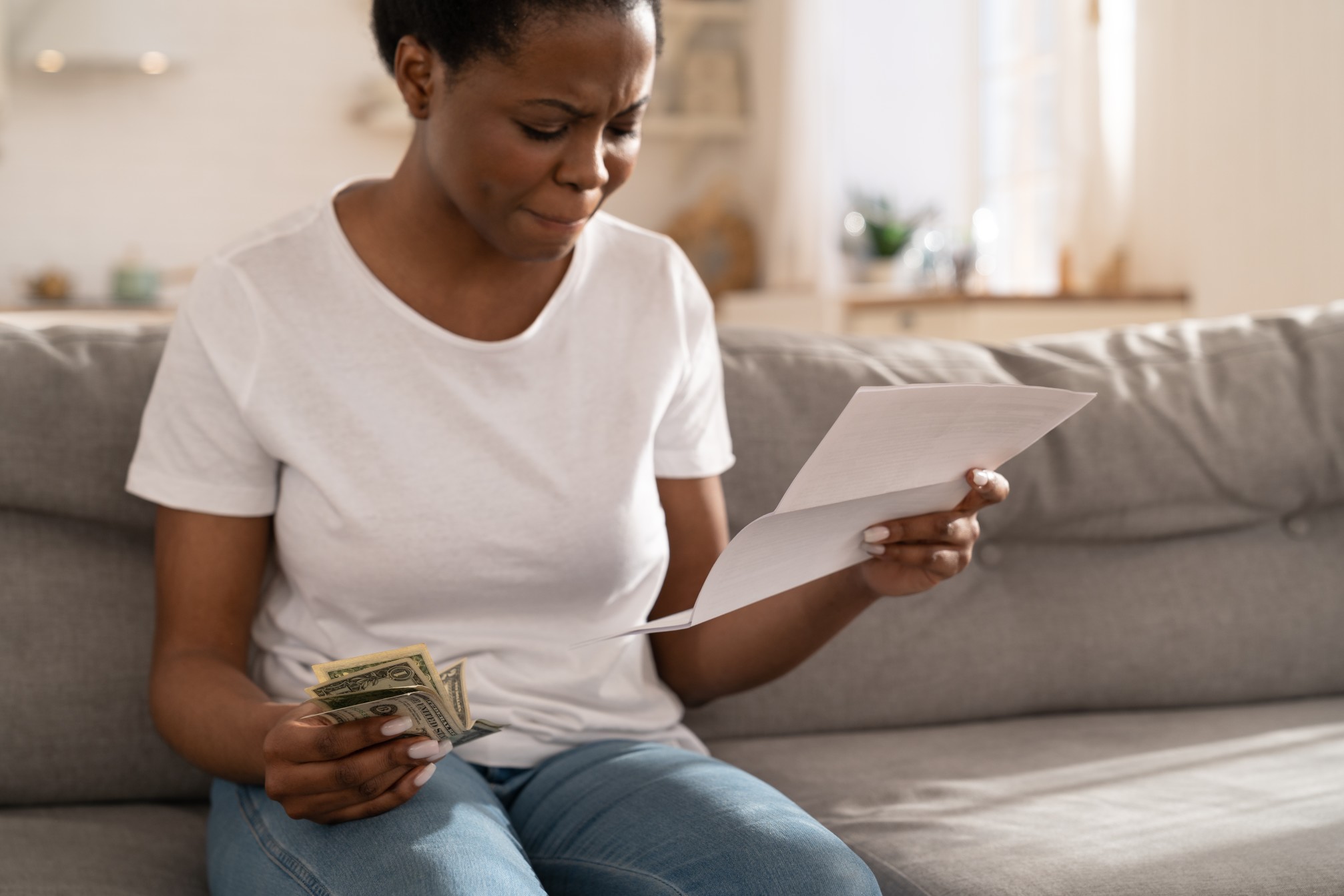The decision to file for Chapter 7 bankruptcy is a serious one, and it should not be taken lightly. Most people don’t want to file for bankruptcy at all unless they have no other options. Read on to find out about the signs it’s time to hire a Bankruptcy attorney for help with filing for Chapter 7.
Passing the Means Test
To be eligible for Chapter 7 bankruptcy, a person’s income must be below a certain level. More specifically, it must be lower than the state’s median household income for a family of the same size. The easiest way for a potential filer to determine if his or her income falls below this threshold is to subject it to the means test, which analyses income after subtracting allowable deductions. If the debtor’s income makes him or her ineligible to file for Chapter 7 bankruptcy, it’s time for that person to start looking into other options because the claim will be rejected.
Lack of Disposable Income
Just passing the means test isn’t enough to ensure that someone will be eligible to file for bankruptcy. If the person has disposable income left over at the end of the month after paying for living expenses, the court will assume that the money could be used to pay back debtors. The case will then be converted into a Chapter 13 bankruptcy filing.
Not Much Property
Some property is exempt from being seized to pay creditors during a Chapter 7 bankruptcy filing, but most types of personal property are non-exempt. The only things that filers will be able to keep are the items necessary to maintain an appropriately modest home and job. Every state has different exemption laws, so it’s wise to check first to see how much property the filer will be able to keep when filing for bankruptcy.
Payments on Houses and Cars Are Up-To-Date
Chapter 7 bankruptcy allows debtors to keep a modest home and car even if they aren’t paid off, but only if the person filing is current on the payments and can continue making them after filing for bankruptcy. A successful claim won’t discharge a mortgage or car loan. Filing for bankruptcy can leave people homeless and without a vehicle if they are behind on their secured debts since the creditors can ask the court to lift its automatic stay in order to proceed with repossessions or foreclosures following a bankruptcy discharge.
The Presence of Qualifying Debts
Not all debts qualify for discharge under Chapter 7 bankruptcy law. Recent income taxes, child support payments, alimony, and student loans are all exempt. They’ll stick around even after a successful bankruptcy filing, so it usually makes more sense to file for Chapter 13 if these are the primary debts that must be renegotiated. If, on the other hand, a filer has unsecured loans such as outstanding credit card balances or medical bills that have been going unpaid, Chapter 7 bankruptcy may be the best option.
The Bottom Line
Filing for Chapter 7 bankruptcy can allow qualified debtors to have some of their debts discharged, but it’s not a quick fix. It will have a dramatic impact on the debtor’s credit score, and any non-exempt property will be seized to pay back the loans. When in doubt, ask a bankruptcy lawyer about the best options.








